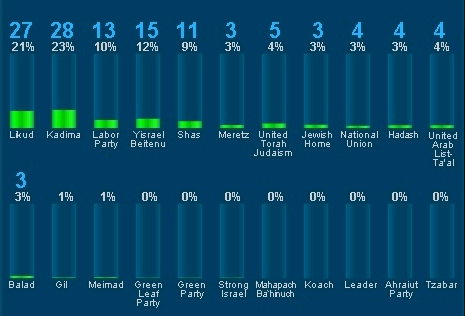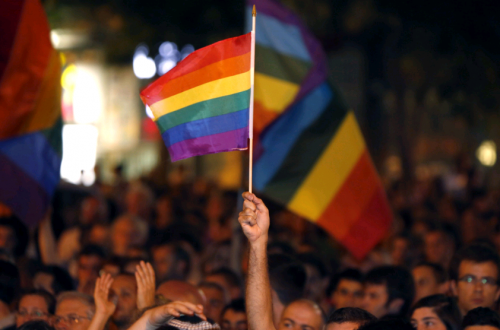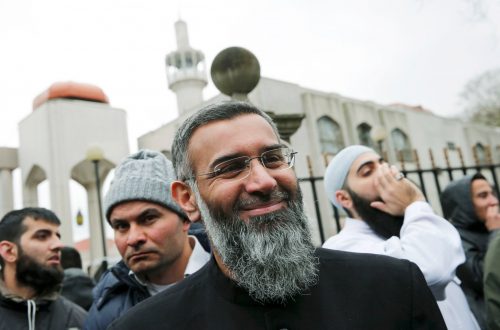I rewatched this classic 1957 film last night. There is no Arts section on HP at present, and in any case some of the preoccupations of the film could perhaps be mapped onto the political blogosphere. Particularly the ‘angry’ bit.
If you haven’t seen the film, it presents the deliberations of twelve jurors who must decide whether an 18 year old Puerto Rican boy should be found guilty or not guilty of his father’s murder. A unanimous verdict is required, and, at the beginning of the film, just one juror dissents from a guilty verdict. The film raises a number of contentious issues – race, class, and justice – and reveals the prejudices and insecurities of some of the jurors.
As I watched, I remembered having read something suggesting that the apparent hero, Davis, should be viewed in a critical light. I couldn’t initially see much in the film to support that view. The only thing which might be said to prompt suspicion is his rhetorical adroitness and sense of drama – he produces a knife identical to the one used in the murder, which he picked up in a shop near the crime scene, in order to disprove the prosecution’s assertion that it was an unusual weapon and so must be the same one the suspect owned. He is really, of course, taking on the role of defense attorney, and does it like a professional (although his character is in fact an architect).
Apparently Davis’s independent research into the case would be viewed as improper, and would make this a ‘mistrial’ in real life. However I didn’t get the sense that either the writer or director was trying to subvert the more obvious message of the film – that the boy had been badly served by his own attorney, and that the witnesses had not been cross-examined effectively.
Here’s a very interesting dissection of the arguments deployed by Davis, demonstrating the flaws in his assertion that they add up to ‘reasonable doubt’. Alex observed that towards the end of the film Davis’ attitude towards the lone dissenter, Very Angry Juror number 3, could be seen as ironic, given his own similar position at the beginning. Looking at this draft of the screenplay (pdf), it seems that the potential to read the film in this slightly subversive, ‘anti-Davis’, way was originally a bit stronger. The 8th juror here is Davis:
8th Juror (to the 10th juror): Do you think he’s guilty?
10th Juror: Yes I think he’s guilty. But I couldn’t care less. You smart bastards do whatever you want to do.
8th Juror: How do you vote?
10th Juror: Not guilty. Do whatever you want.
3rd Juror: You’re the worst son of a … I think he’s guilty.
This exchange is quite suggestive, but didn’t make the final cut. (128: 47)
So – over the course of writing this short post – I seemed to have found my own inner Davis and persuaded myself to change my mind, and acknowledge that perhaps there is, after all, a little more ambiguity and edge to the film than I had first thought.


